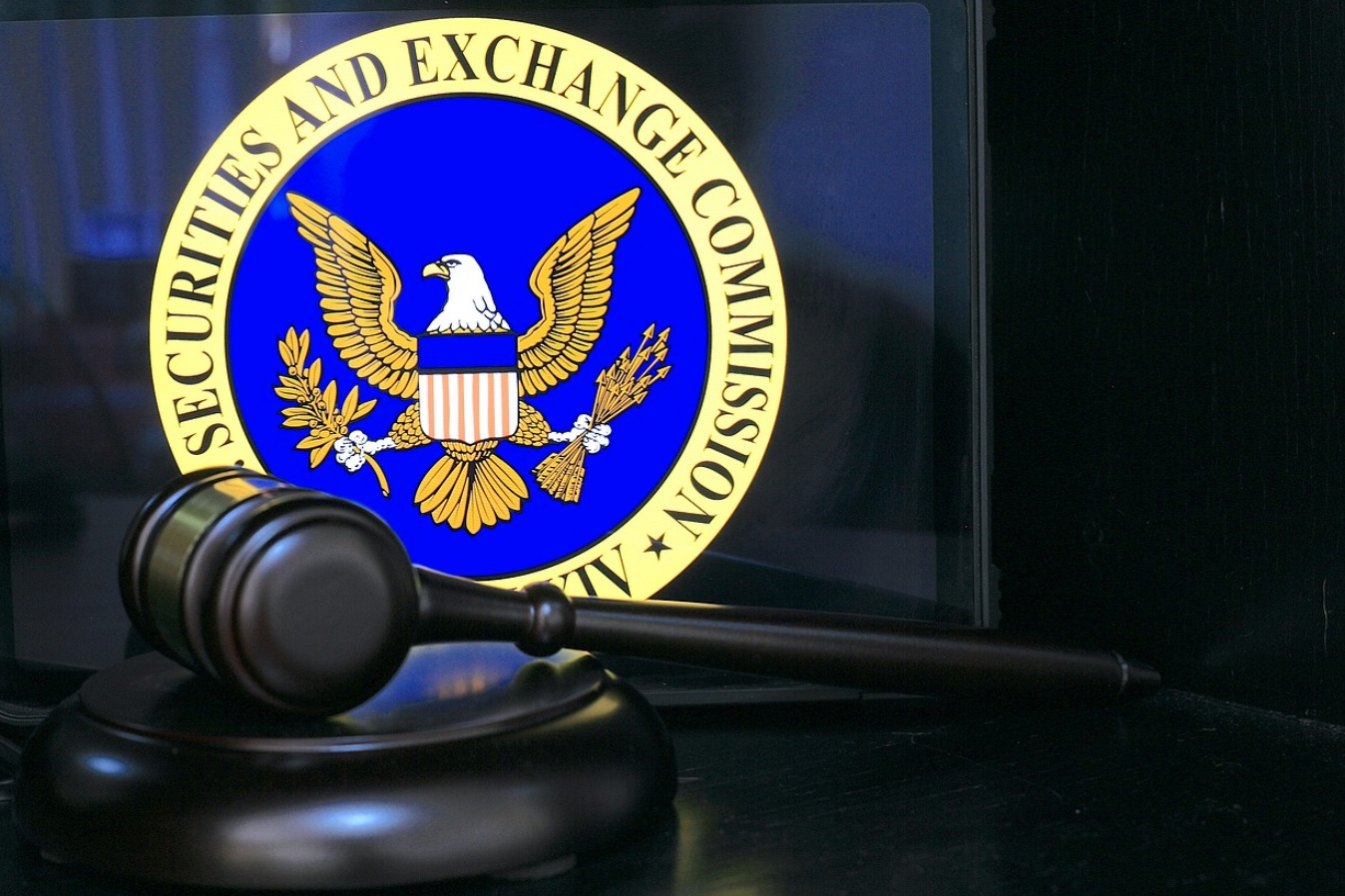Whistleblowing can be a daunting and risky task, but it is also an essential tool in promoting transparency and accountability in organizations.
The role of a whistleblower in exposing wrongdoing within organizations holds paramount importance in maintaining transparency and ethical standards. It is a courageous act that often comes with a complex web of legal considerations. Through the lens of this blog, we explore the multifaceted legal landscape that whistleblowers must navigate. From protection under various laws to the potential repercussions of coming forward, understanding these legal facets is crucial for anyone considering blowing the whistle on unethical practices.
The Selection Matters
When it comes to blowing the whistle, the selection of what to report and how to report it are decisions of utmost significance. Whistleblowers must carefully identify the specific unethical or illegal activities to expose, ensuring they have substantial evidence to support their claims. https://www.jdsupra.com/legalnews/6-keys-to-selecting-a-whistleblower-1291783/ says that this selective process is critical not only for the credibility of the whistleblower but also for the protection it affords them under the law. Laws such as the Whistleblower Protection Act in the United States are designed to safeguard individuals who report violations of the law from retaliation by their employers.
The Importance of Confidentiality
Whistleblowing is a delicate matter, and maintaining confidentiality can be a challenging task. However, the success of whistle-blowing often depends on keeping one’s identity under wraps. It not only protects the whistleblower from potential backlash but also ensures that they do not become targets for threats or harassment. The Whistleblower Protection Act and other laws provide anonymity to whistleblowers, which enables them to come forward without fear of being identified.
Legal Recourse for Retaliation

While laws such as the Whistleblower Protection Act offer protection against retaliation, it is not uncommon for whistleblowers to face negative consequences for their actions. Employers may resort to various forms of retaliation, such as termination, demotion, or harassment. In such cases, whistleblowers can seek legal recourse and file a lawsuit against their employers for violating their rights.
Monetary Rewards
Many laws also offer monetary rewards for whistleblowers who provide information that leads to successful prosecution or recovery of funds. For example, under the False Claims Act in the United States, whistleblowers can receive a percentage of the recovered funds as a reward for their efforts. This not only serves as an incentive for individuals to come forward but also helps them cover any potential legal fees or lost income due to retaliation.
The Global Perspective
Whistleblowing is not just limited to one country or jurisdiction; it is a global phenomenon. Different countries have their laws and regulations regarding whistleblowing, with varying levels of protection and rewards for whistleblowers. For instance, the Dodd-Frank Act in the United States provides monetary incentives and anti-retaliation measures, while other countries such as Australia rely on public interest disclosures to protect whistleblowers.
Whistleblowing can be a daunting and risky task, but it is also an essential tool in promoting transparency and accountability in organizations. By understanding the legal considerations involved, whistleblowers can make informed decisions and protect themselves while shining a light on unethical practices. Individuals must educate themselves on these legal facets before blowing the whistle to ensure they have the necessary support and protection during this challenging process. So, it is evident that the role of a whistleblower comes with a significant responsibility and an understanding of legal considerations plays a crucial part in fulfilling this duty.


Join the conversation!